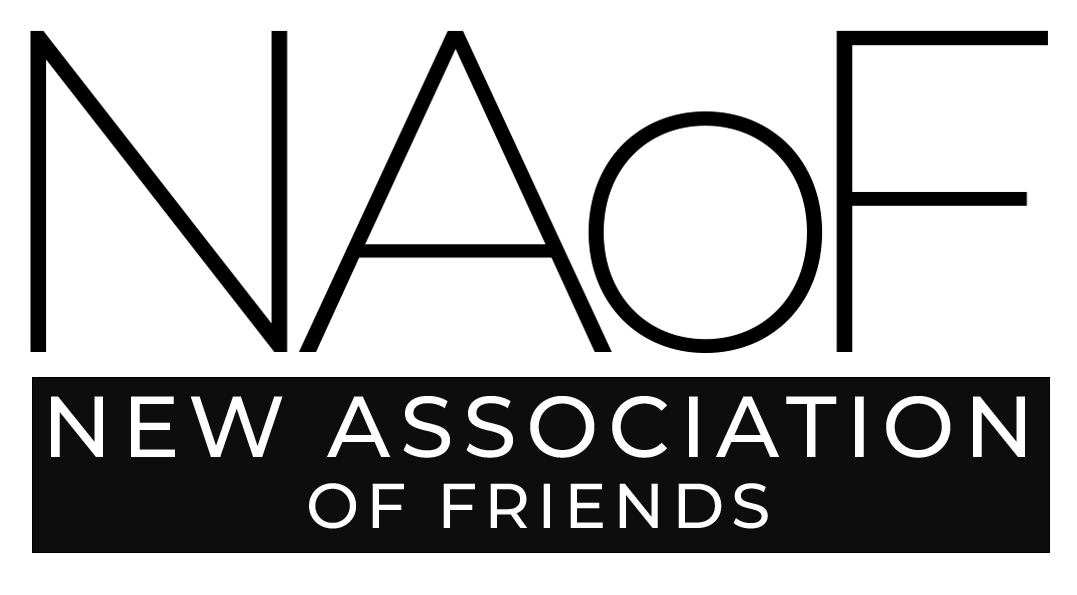A GUIDE TO TERMS:
Programmed, Unprogrammed & Semi-programmed Quaker Worship
via About Quakers
Although unprogrammed, ‘waiting’ (or silent) worship as practised in Britain is the form nearest to that of the early Friends, the majority of Quakers in the world – especially in the United States of America, most of Africa, and South America – practice a form of programmed worship which is every bit as authentically Quaker as their unprogrammed friends.
This form of Quaker worship grew out of the North American revival movement of the nineteenth century, as communities spread and scattered westwards, and started to feel the need to hire pastors in order to preach regularly and take care of the spiritual needs of the congregation.
Programmed worship offers a setting in which those gathered express their praise, burdens, and statements of faith together through prayer, singing, and prepared messages. Pastoral Friends trust God to lead as the worship leader or the pastor prepares the order of worship elements for the worship gathering. Programmed worship is based on common assumptions, but in its implementation around the world probably expresses more diversity in form and content than unprogrammed worship.
Although a programmed meeting for worship in its typical setting might superficially resemble a worship service in any other mainstream Protestant church, underlying it there will always be a sense of being connected back to the lives and witnesses of the early Friends. As well as readings from the Bible there may often be readings from the writings of such as George Fox, William Penn, Isaac Pennington, Robert Barclay and others, or from the yearly meeting’s own Faith and Practice book. The focal point of a programmed meeting for worship will be the pastor’s sermon – the expected content of this varies widely from meeting to meeting, though almost all pastoral Friends agree that the preaching should have a scriptural or particularly Quaker basis, be clearly applicable to the lives of the congregation, and should be relatively short. Many programmed meetings for worship do include a short period of silence, in which members of the meeting may offer their own ministry, usually in response to or adding to that prepared and delivered earlier – this is often called Communion After the Manner of Friends, or sometimes simply Open Worship.
Traditionally completely absent from unprogrammed worship, music is a vital aspect of programmed worship. Many pastoral Friends Churches will have a permanent choir and often a worship band or music group which will have weekly practice sessions extra to the worship, and larger meetings will hire a music minister in addition to the pastor.
As well as the standard programmed meeting for worship which you will see in a typical Friends Church, many Quakers, especially in the USA, experiment with adding programmed elements to a standard unprogrammed meeting – there might be some singing, a short reading or two, and maybe a prepared message or short sermon in addition to the extended period of silent waiting. There are no typical examples of this kind of worship, which is usually described as semi-programmed, and is often considered a good way for unprogrammed and programmed Friends alike to learn about the others’ forms of worship both as participants and as leaders or planners.
Ways to learn more...
If you'd like to know more about the Religious Society of Friends (Quakers) Voices of Friends has information, links, essays and other resources
The origins of the New Association of Friends are in the Midwest of the United States. We are connected to Friends (Quakers) throughout the world through Friends World Committee for Consultation
You may also like to read Quaker Life and Friends Journal.

